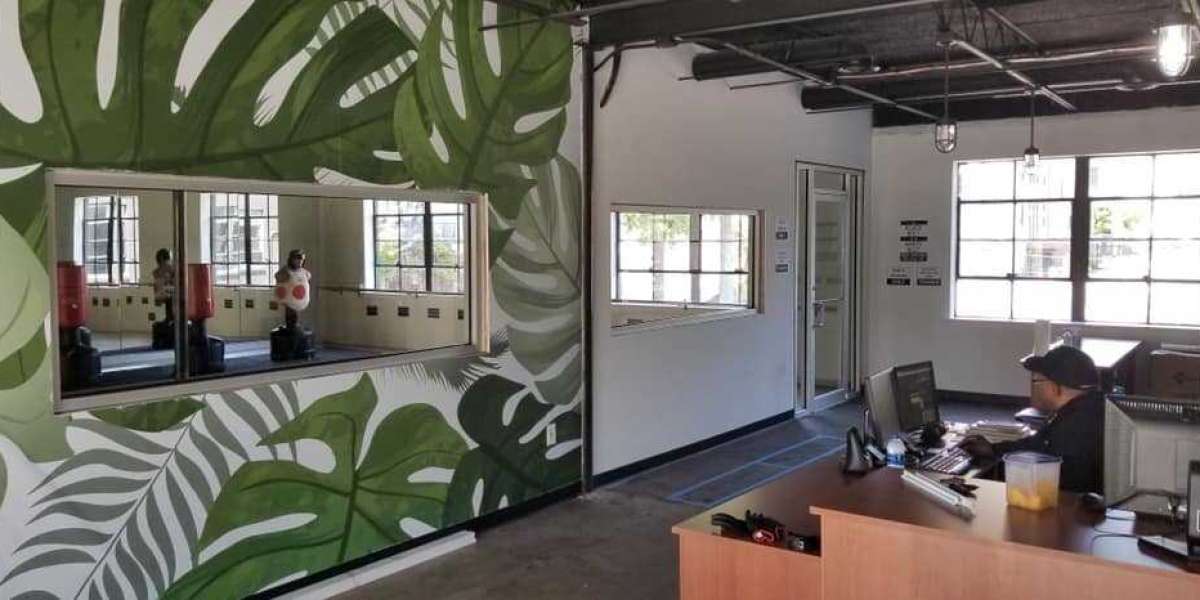In today’s competitive business landscape, appearance and functionality go hand-in-hand. From retail storefronts to office interiors, commercial glass plays a vital role in projecting a professional image while offering practical benefits like natural lighting and space optimization. Among the most sought-after design trends is frameless glass, a sleek, modern solution that combines aesthetics with structural integrity.
Commercial glass is not just about transparency—it's about defining the atmosphere of your space. Whether it’s a large curtain wall façade or an internal partition system, glass installations are transforming how businesses communicate their brand, openness, and attention to detail.
As businesses increasingly shift toward open-plan designs and customer-facing transparency, frameless glass is becoming the go-to choice. With no bulky metal edges, frameless glass delivers seamless views, minimalist aesthetics, and an ultra-modern feel—making it ideal for commercial entrances, offices, conference rooms, and high-end retail stores.
In this blog, we’ll explore the role of commercial glass in contemporary architecture, delve into the benefits of frameless glass systems, and help you understand where and why they make sense in your next commercial project.
What is Commercial Glass?
Commercial glass refers to specially manufactured glass products used in non-residential buildings such as offices, hospitals, schools, malls, and hotels. Unlike residential glass, commercial variants are often tempered, laminated, or double-glazed for durability, safety, insulation, and performance.
Key Types of Commercial Glass:
- Tempered Glass: Heat-treated for strength and shatter resistance.
- Laminated Glass: Composed of multiple layers with a PVB interlayer for safety and soundproofing.
- Insulated Glass Units (IGUs): Enhance energy efficiency with multiple panes and gas-filled space.
- Low-E Glass: Features coatings that reduce UV and infrared rays while allowing natural light.
Glass serves both structural and decorative purposes in commercial applications—from curtain walls and facades to internal partitions and safety barriers.
Why Choose Frameless Glass?
Frameless glass is glass without visible support or structural framing. It uses minimal hardware, typically stainless-steel clamps or channels, to keep it securely in place. This type of system emphasizes transparency and light while eliminating visual clutter.
Benefits of Frameless Glass in Commercial Settings:
- Modern Aesthetic: Clean lines and an open feel enhance professionalism.
- Maximized Visibility: Ideal for storefronts where product display and customer engagement are key.
- Improved Lighting: Allows daylight to spread throughout the workspace, reducing energy costs.
- Customizable: Frameless glass can be cut and treated to suit various design and safety standards.
Frameless systems are popular in reception areas, glass conference rooms, office partitions, and upscale retail interiors—delivering both form and function.
Conclusion
Investing in high-quality commercial glass and opting for frameless glass designs can drastically elevate your business's look and feel. Not only do they bring a sophisticated visual impact, but they also offer functional benefits like better lighting, space efficiency, and long-term durability. Whether you’re designing a new office, upgrading a storefront, or renovating an interior, these glass systems are versatile enough to suit a variety of commercial needs.
FAQs
Q1: Is frameless glass safe for commercial use?
Yes. Frameless glass used in commercial settings is typically tempered or laminated for safety and meets all applicable building codes.
Q2: Can frameless glass be customized?
Absolutely. Frameless glass can be cut, etched, tinted, or frosted to meet your specific design and branding needs.
Q3: Is commercial glass energy efficient?
Many commercial glass options are designed for energy efficiency, especially insulated glass units (IGUs) and low-emissivity (Low-E) coated glass.
Q4: What maintenance is required for frameless glass?
Frameless glass requires minimal maintenance—just regular cleaning. The lack of a frame means fewer places for dust and dirt to accumulate.
Q5: Where is commercial frameless glass best used?
Frameless glass is ideal for office partitions, conference rooms, retail storefronts, and entrances where a modern, open look is desired.







